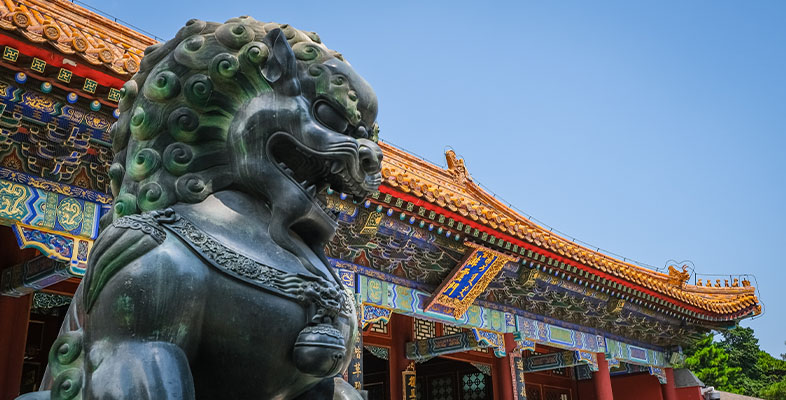12 Head components
Head components, also known as ‘radicals’, offer associated meanings to words. Many characters share the same head component.
| Head component | Meaning association | Meaning association | Examples |
|---|---|---|---|
| 日 | sun, time | rì zì páng 日字旁 | míng 明 (rì 日+ yuè 月= bright) |
| 氵 | water | sān diăn shuĭ 三点水 | hàn 汉 (氵+ 又= Han Chinese) |
As the table shows, the characters that contain the ‘sun head component’ (rì 日) normally have meanings associated with the sun, time or light. For example, zăo 早 means ‘morning’ and it has got the ‘sun head component’ on the top part. One can interpret that as the sun has risen. rì 日 is also an independent character as in xīngqīrì 星期日(Sunday).
The characters that contain the ‘water head component’ (氵) usually have something to do with water. The character hàn 汉 (now refers to Han Chinese) originally referred to a river.
Note that this head component is not an independent character but only a building block in forming characters.
Activity 12
Read through the note on head components rì 日, then go through the characters you have learned so far or check a dictionary and find three more characters that contain the head component 日 and give their English meaning.
Can you find the English meaning of the following two characters that contain 氵?
Use a dictionary and write down their Pinyin and their English meanings.
- 江
- 海
Answer
- Jiāng 江--river
- hǎi 海—sea
